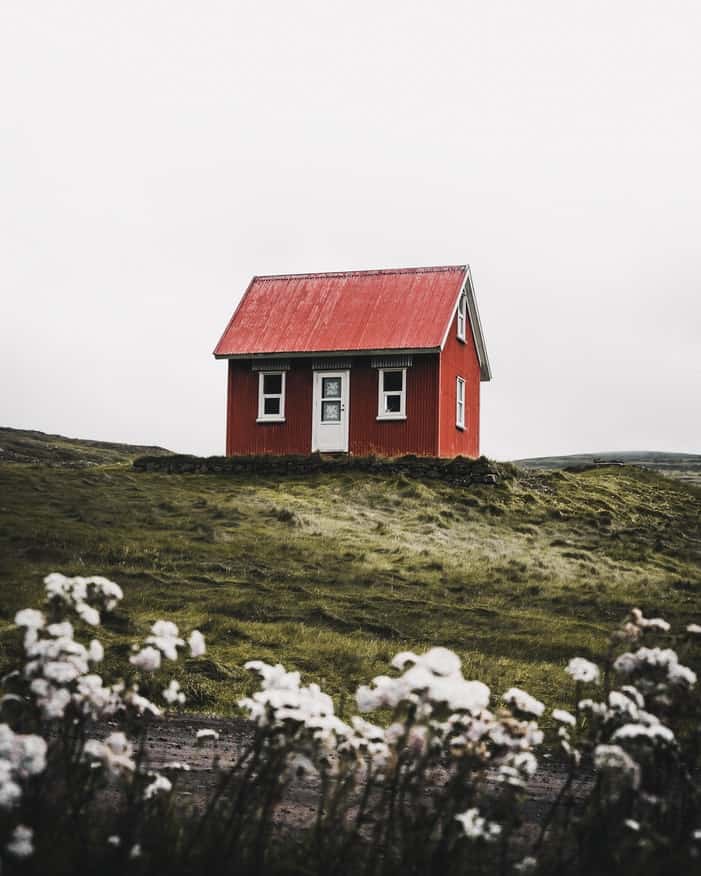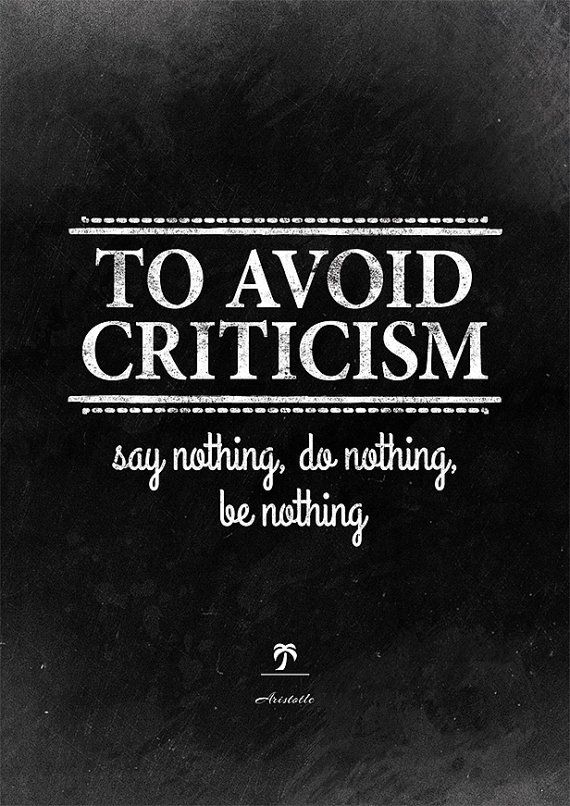Buying a property sucks.
Many, many people still seem to believe that buying a home is ‘the right thing to do’. It’s become an aspiration that is so ingrained into British and American culture that we regularly see articles by people complaining about how hard it is to ‘get on the property ladder.’
Well, it is hard to get on the property ladder—unless you have a big deposit to put down, or a big pile of cash sitting around.
But that doesn’t mean life on the ladder is a bowl of cherries either.
For a start, the truth is that the majority of people don’t actually buy their home—they take a huge mortgage out to secure it. And getting into a vast amount of debt is never a great idea.
The idea, of course, is that you pay the money off over a long period of time, so that you finally ‘own’ the property at the end.
But there are a lot of potential pitfalls in the road in between. Repairs need to be done (sometimes extensive ones). You need to pay for upkeep. There are also a whole raft of taxes and (if it’s an apartment) service charges to pay.
These additional charges can go up or down at any time. As, of course, can interest rates. Which means that if your mortgage is a tracker then your payments can go up (or down) on the turn of a card.
Yes, there are ways of ameliorating this. You can swap mortgage deals every few years so that you remain on a low rate of repayment.
But you’ve got to keep the whole show on the road for many, many years. What if you get into financial difficulties? What if something unexpected comes up—you lose a job, or your business takes a downturn?
Yes, you can sell the property if the worst comes to the worst. But, if the property market is in decline at the time then you could end up getting less money back than you paid initially. Yes, you can make a loss on property (or at least, not make as mush profit as you otherwise might have). As with any other form of investment, it all depends on when you get in and when you get out.
Now, all of that being said, I do own a property myself—but I own it outright. There is no mortgage on it. So while I have to make some relatively small payments each month, it means that the profit I can make from renting it out is significant.
When I buy another property in London (which I plan to) I will pay for it outright. For me that is the only way ownership makes sense. Getting into debt is always risky, and in the case of something like property, which brings with it multiple hidden costs, it makes even less sense.
Yes, people have made huge sums of money off of mortgaged property (and I myself haven’t done too badly out of it). But to pretend that it is a problem-free, failsafe solution is not doing anyone any favours.
If you haven’t already, and you want to live a life of freedom, sign up for my DAILY email newsletter here now.







